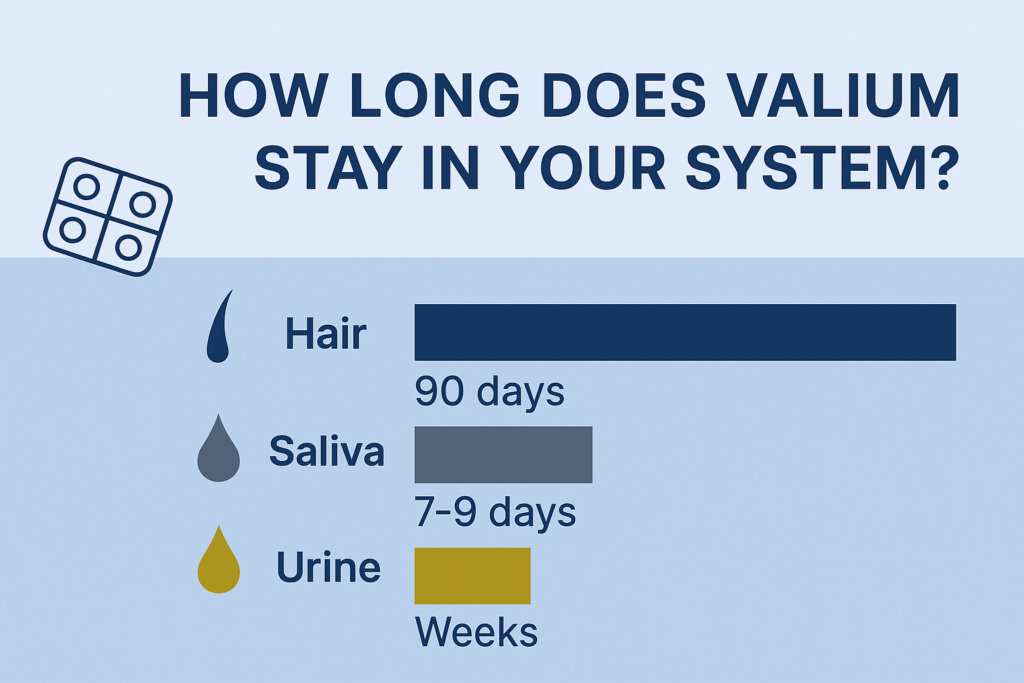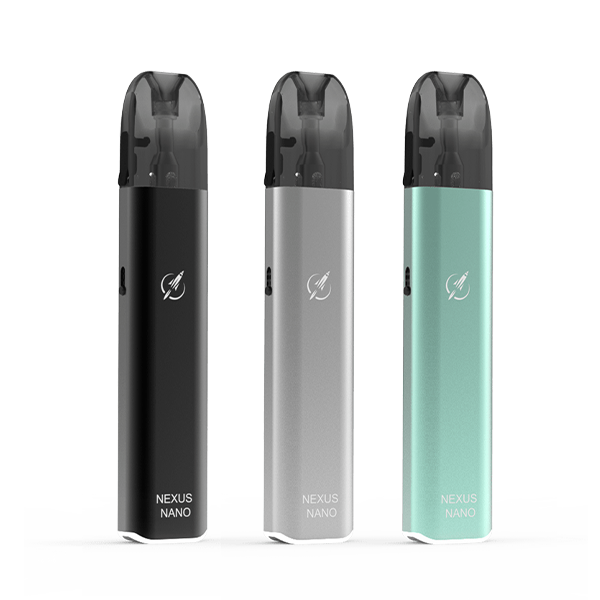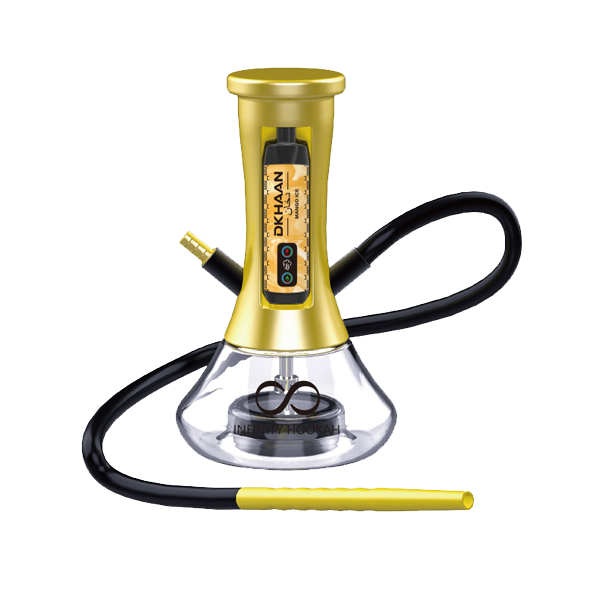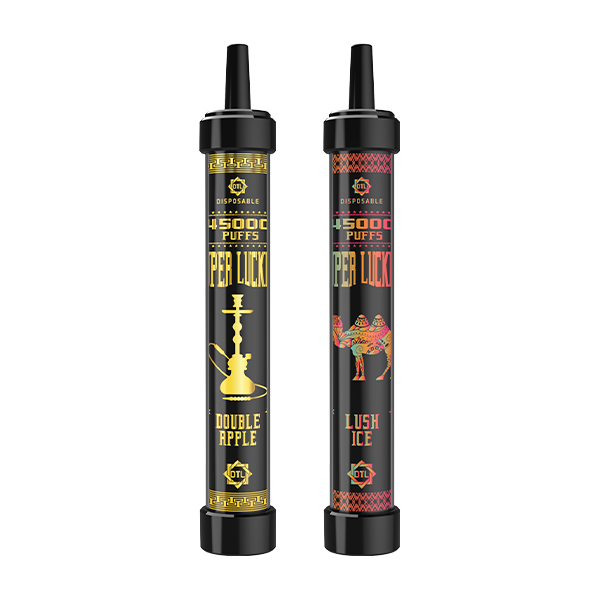Nicotine Vape: What You Need to Know Before Choosing
When I first started researching nicotine vapes, I realized the topic was far more complex than it appears. Nicotine isn’t only about addiction — it affects how the body functions, how long it stays in your system, and what alternatives exist for people who want to avoid it. With vaping becoming a global market worth more than $24 billion in 2023, understanding nicotine use has never been more important.
In this guide, I’ll explain how nicotine in cigarettes compares with nicotine in vapes, how the body processes it, and what options like nicotine-free and nicotineless vapes can offer for users who want more control over their habits.

Understanding Nicotine in Vapes
How much nicotine is in a cigarette compared to a vape?
A traditional cigarette contains 10–12 mg of nicotine, but the body absorbs about 1–2 mg per cigarette.
Vapes measure nicotine in milligrams per milliliter (mg/ml). For example:
-
A 30 ml vape juice with 6 mg/ml contains 180 mg of nicotine in total.
-
Actual intake varies depending on puff frequency, device wattage, airflow, and coil resistance.
A 2022 FDA survey found that pod systems with 20–50 mg/ml nicotine levels are the most popular among heavy smokers switching to vaping. Lower levels like 3–6 mg/ml suit casual users or light smokers. Understanding your smoking history helps determine the best nicotine strength.
How long does nicotine last in your system?
Nicotine enters the bloodstream within seconds, and its stimulating effects can last 30 minutes to 2 hours.
However, nicotine’s metabolic byproducts, especially cotinine, remain in your system far longer.
Vaping — particularly with nicotine salt devices — often provides smoother, more consistent nicotine delivery than patches or gum, which is why many smokers find vapes more satisfying during the transition.
How Nicotine Affects the Body
Does nicotine cause weight loss?
Nicotine can slightly increase metabolism and reduce appetite. This is why some smokers and vapers notice lower hunger levels.
But according to research from the National Institutes of Health (NIH), this effect is mild and not a safe weight-loss strategy. Relying on nicotine for weight control can lead to long-term dependence.
How long does nicotine stay in your body?
Although nicotine itself usually disappears within 1–3 days, cotinine can be detected much longer:
-
Blood tests: up to 3 days
-
Urine tests: 3–4 days
-
Hair tests: up to 90 days
Heavy users may test positive for even longer periods. This information matters for anyone preparing for medical or insurance screenings.
Alternatives to Nicotine Vape
Nicotineless vape options
Nicotineless vape liquids contain zero nicotine and offer the same flavors and vapor production without the addictive component. Many former smokers prefer these after slowly reducing nicotine strength.
Synthetic nicotine vs natural nicotine
Synthetic nicotine is created in labs instead of extracted from tobacco leaves.
Although chemically identical to natural nicotine, it was once regulated differently. Recent FDA rules now classify synthetic nicotine the same as tobacco-derived nicotine.
Users often report that synthetic nicotine tastes smoother with fewer harsh notes.
Benefits of no nicotine vapes
Nicotine-free vapes are becoming popular among young adults, ex-smokers, and wellness-focused users. They allow people to enjoy the hand-to-mouth ritual and flavors — like fruit, mint, or desserts — without nicotine-related risks such as dependency or increased heart rate.

Practical FAQs About Nicotine and Vaping
How long is tobacco detectable in your system?
Tobacco smoke contains thousands of chemicals, many of which remain in the body for weeks.
Because vaping delivers nicotine without combustion, it leaves fewer long-term residues, which is one of the main reasons smokers switch to vaping.
Is vaping with no nicotine safer?
Yes, vaping with no nicotine removes the risk of addiction and avoids nicotine-related side effects.
However, e-liquids still contain flavorings that scientists continue to study. While generally considered safer than nicotine vaping, zero-nicotine vapes are recommended mainly for:
-
Users quitting smoking
-
People who enjoy flavored vapor
-
Individuals wanting to avoid nicotine altogether
Conclusion
Understanding nicotine — from its effects to how long it stays in your body — helps you make smarter decisions. Nicotine vapes can be helpful tools for smokers who want to quit, but they are not risk-free. For those who prefer to avoid nicotine, nicotine-free and nicotineless vape options provide a safer, non-addictive alternative.

















